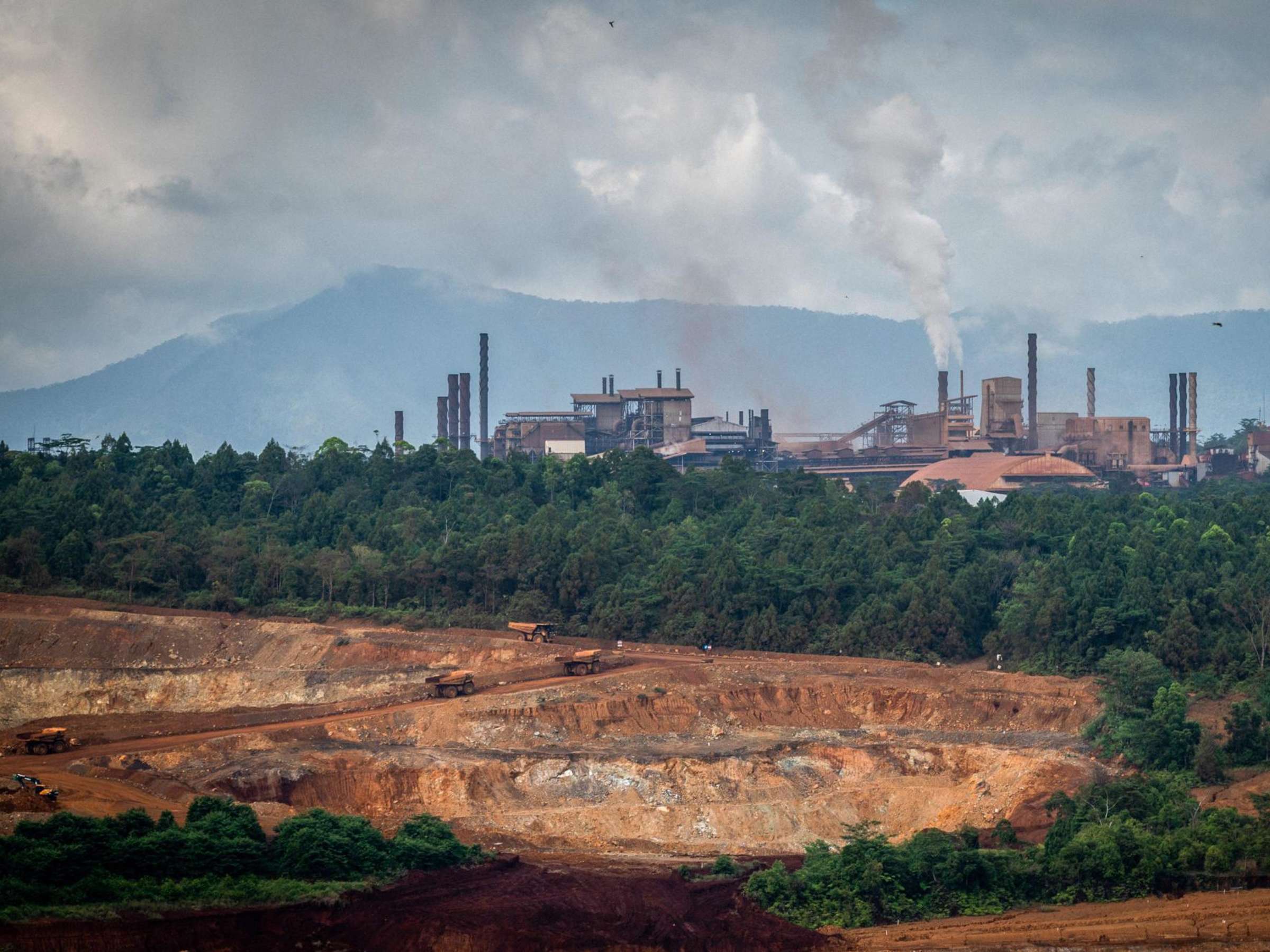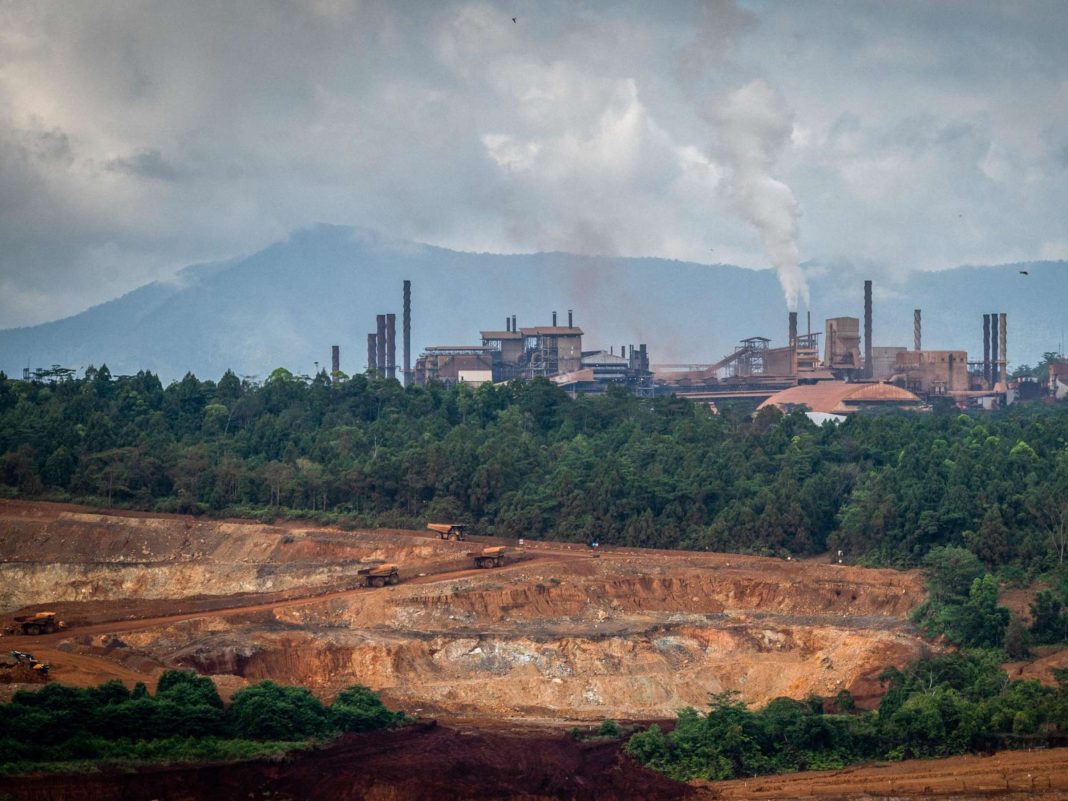 Analysis: The Decline of BHP’s Nickel Operations and the Impact of Asian Competition
Analysis: The Decline of BHP’s Nickel Operations and the Impact of Asian Competition
Introduction:
BHP, one of the world’s largest mining companies, has announced the suspension of its Western Australia (WA) nickel mines and processing plant for at least three years due to an oversupply in the global nickel market. However, this decision masks a larger issue that may be difficult for the company to recover from: fierce competition from Indonesia. The influx of lower-grade nickel from Indonesia, along with new processing technology developed in partnership with Chinese steelmakers, has led to a significant price differential that makes BHP’s nickel uncompetitive.
The Rise of Indonesian Nickel Producers:
Indonesia’s share of the world’s nickel market has skyrocketed from 6 percent to 53 percent due to its partnership with Chinese steelmakers and the development of new processing technology. This technological advancement allows Indonesian and Filipino producers to supply the market at a price that is 30 percent lower than Australia’s. As a result, BHP’s nickel operations have become unprofitable, and the price drop from $30,000 to $16,000 per tonne reflects the impact of this competition. The Indonesian dominance in the market is unlikely to change anytime soon, posing a significant challenge for BHP.
Impact of Electric Vehicle Sales:
Another factor affecting the demand for nickel is the fall-off in sales of electric vehicles (EVs), which use nickel in their batteries. Tesla’s decision to cut 10 percent of its workforce in April is indicative of this decline in EV sales. With EVs being a significant consumer of nickel, this decline further compounds the challenges faced by BHP and the Australian nickel sector as a whole.
Financial Losses and Suspension of Operations:
BHP has forecasted an underlying EBITDA loss of $450 million in the 2024 financial year from its WA Nickel business. The suspension of operations will affect not only 1,600 workers but also contractors and suppliers in the mining sector. While BHP has pledged to redeploy frontline staff who desire to continue working for the company, some redundancies are expected. BHP plans to establish a $20 million community fund to support the towns affected by the closures. The company will continue to invest around $450 million annually to enable the facilities to be restarted in the future, but it expects the oversupply of nickel to persist into the latter part of the decade.
Government Response and Industry Impact:
The decision to suspend operations at BHP’s nickel mines has been deemed “disappointing” by Federal Resources Minister Madeleine King. The Australian government has previously taken steps to support ongoing nickel production, including adding nickel to the critical minerals list and announcing a critical minerals production tax incentive. However, the commercial difficulties faced by Nickel West due to developments in global nickel markets have led to this temporary suspension. As a result, Australia’s nickel operations will shrink significantly, with only Nova operations and Glencore’s Murrin Murrin mine remaining in operation.
Challenges for BHP and the Nickel Sector:
BHP’s decision to mothball its WA nickel mines highlights the larger challenges faced by the nickel sector in Australia. Many smaller nickel miners have already been forced out of business due to competition from Indonesia. Companies like First Quantum, POSCO, Wyloo, Panoramic, and IGO have either closed their operations or paused development due to these challenges. The fluctuating price of nickel over the years reflects the impact of global market conditions on the commodity. BHP’s shares have also been affected, with a 2.16 percent decline over the last 12 months.
Conclusion:
BHP’s decision to suspend its WA nickel mines and processing plant for at least three years is a direct result of fierce competition from Indonesia and the oversupply of nickel in the global market. This competition, coupled with the decline in EV sales, has made BHP’s nickel operations unprofitable. The company’s ability to recover from this setback may be challenging, as smaller nickel miners have already been forced out of business. The Australian government has expressed disappointment in the decision but acknowledges the scale of commercial difficulties faced by Nickel West. As Australia’s nickel operations shrink, the industry will face significant changes and uncertainties in the coming years.


